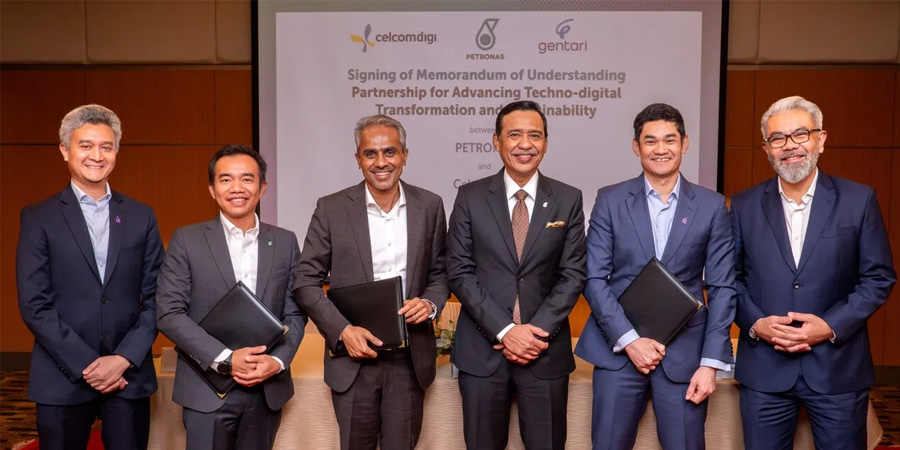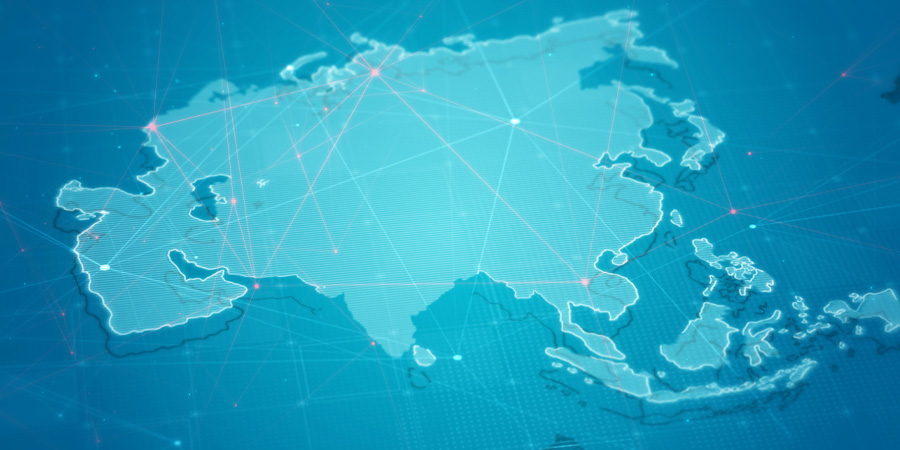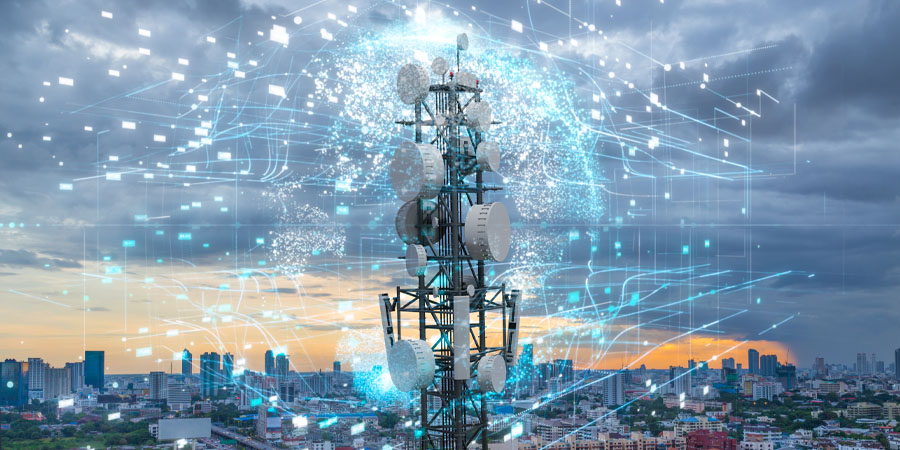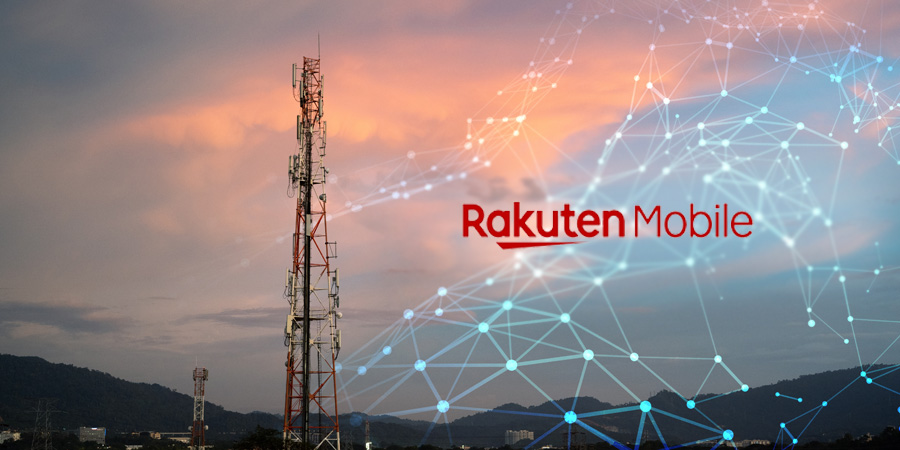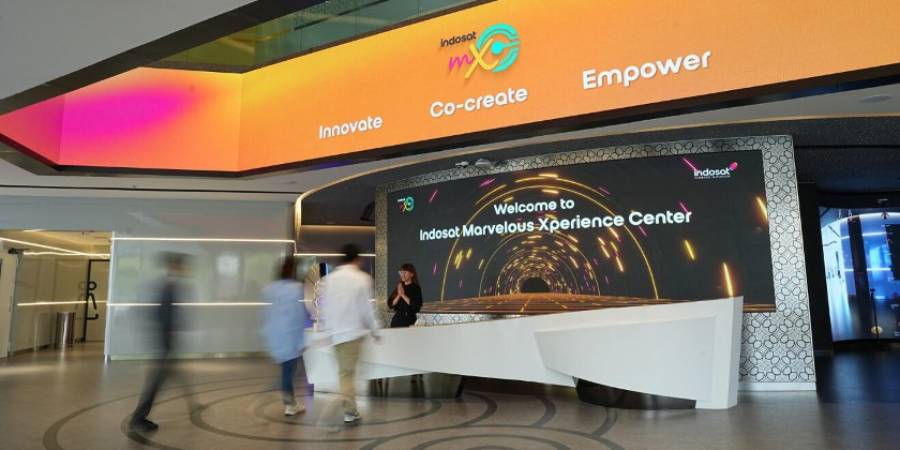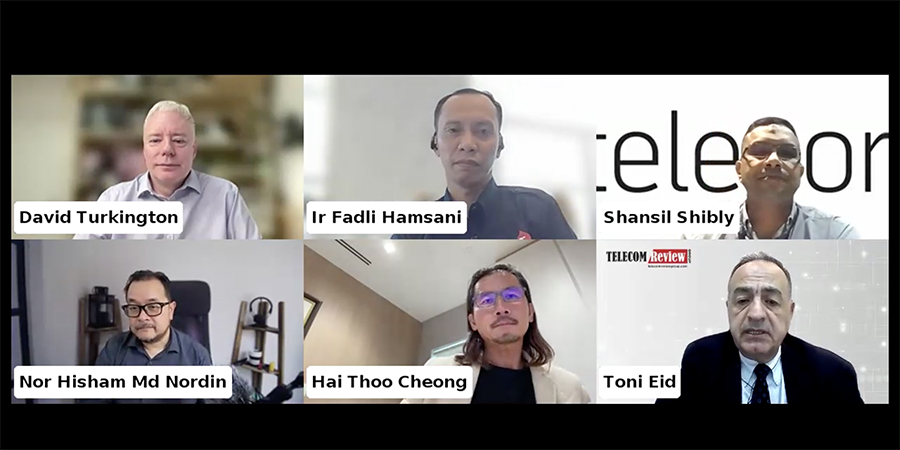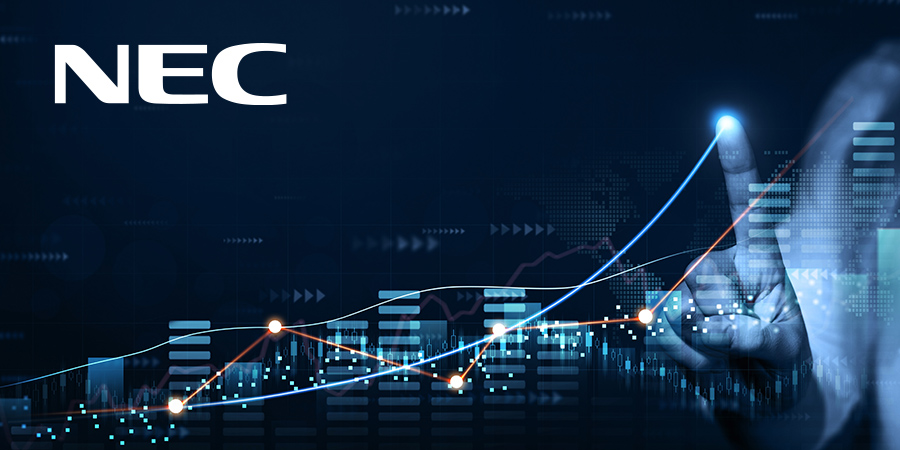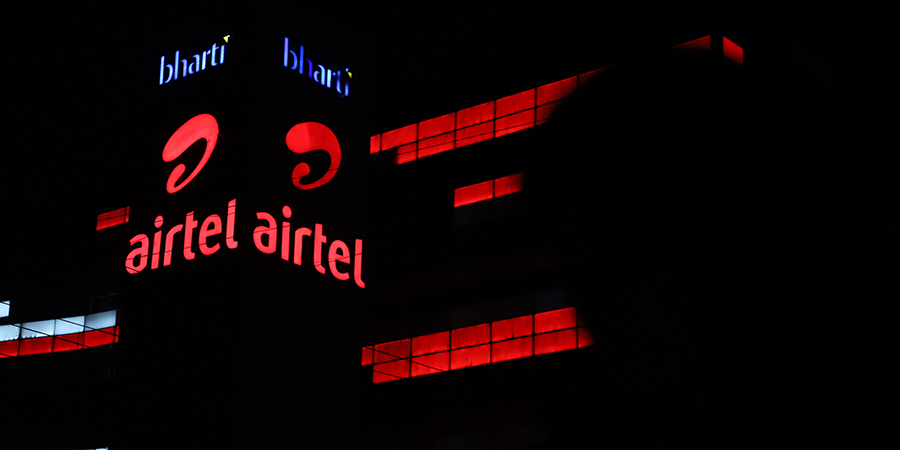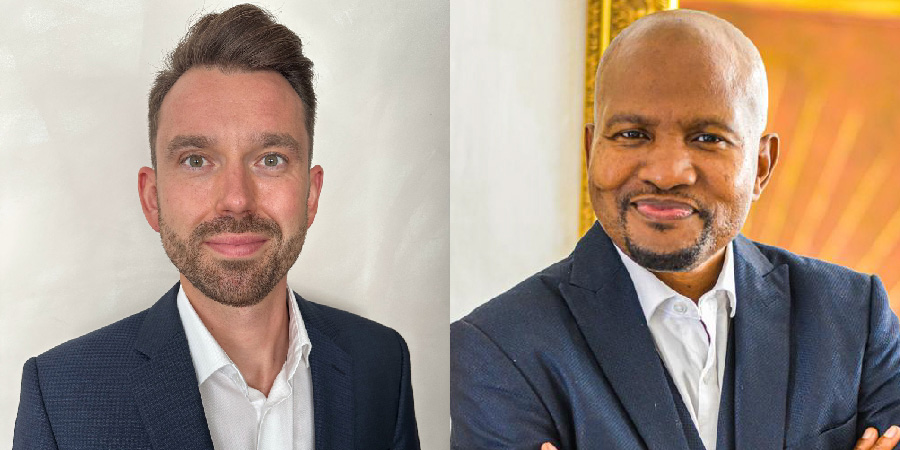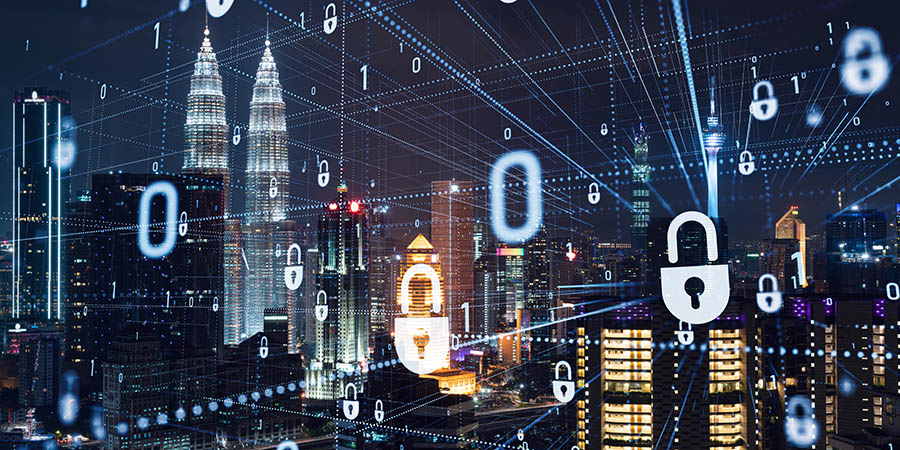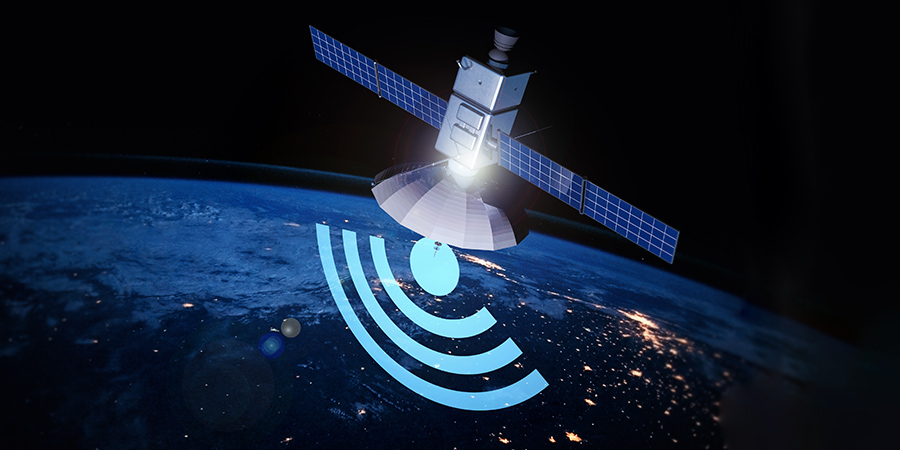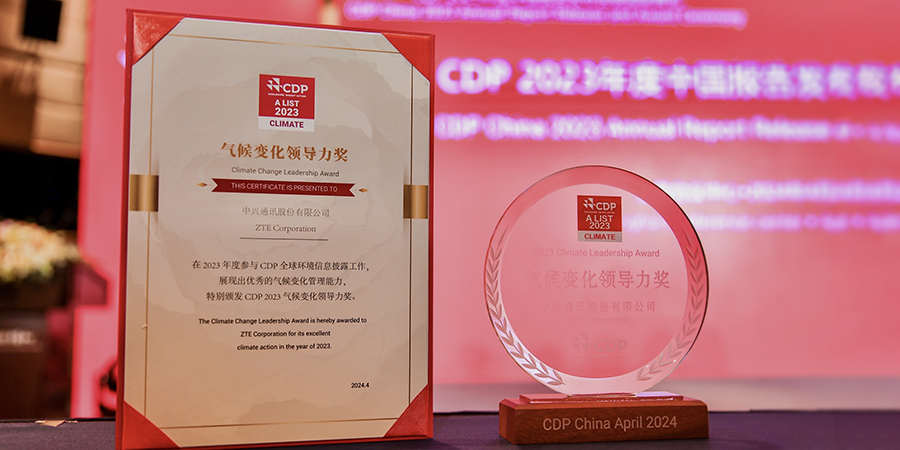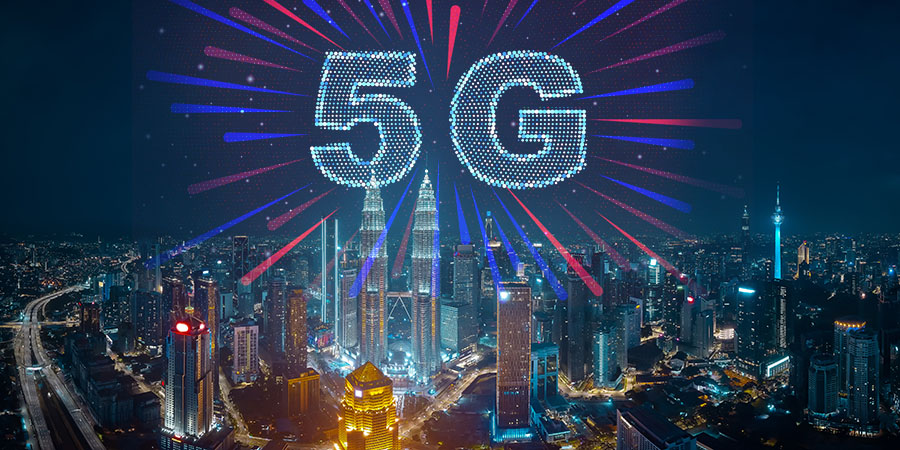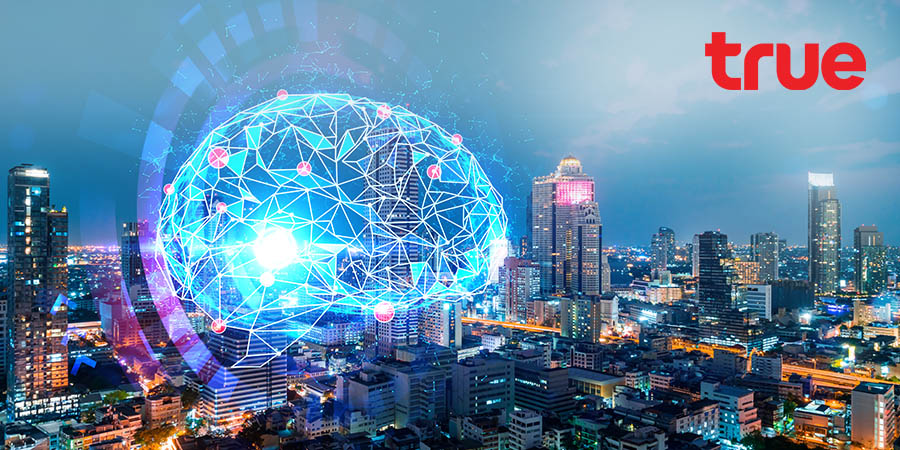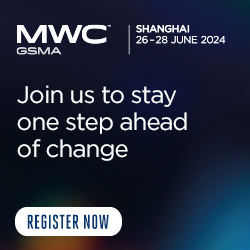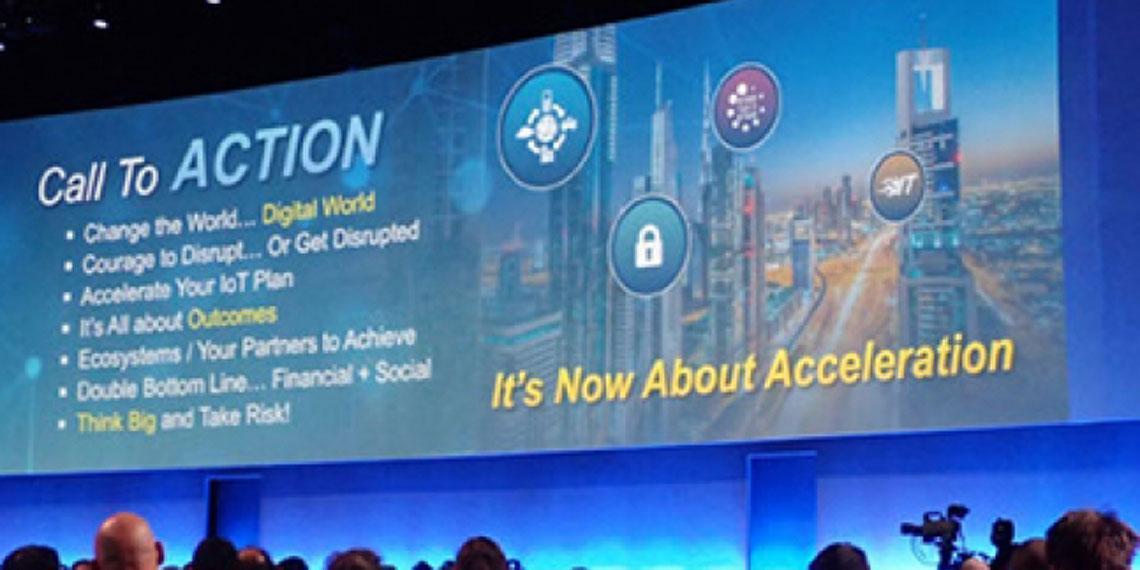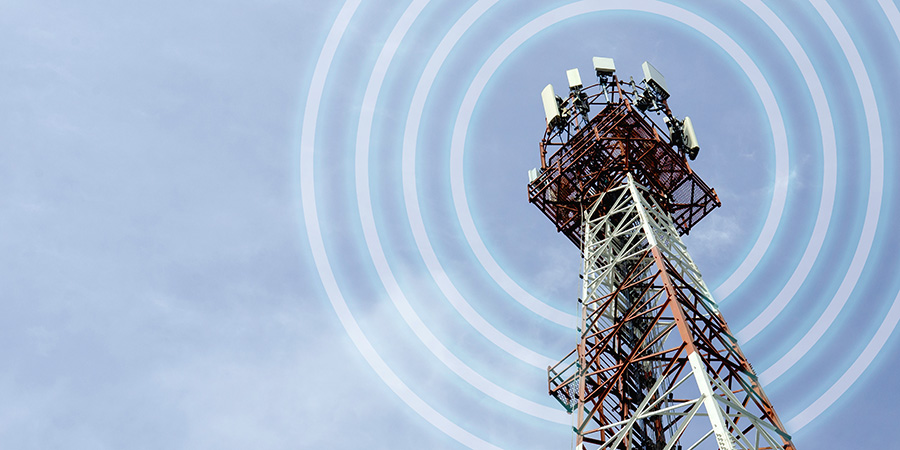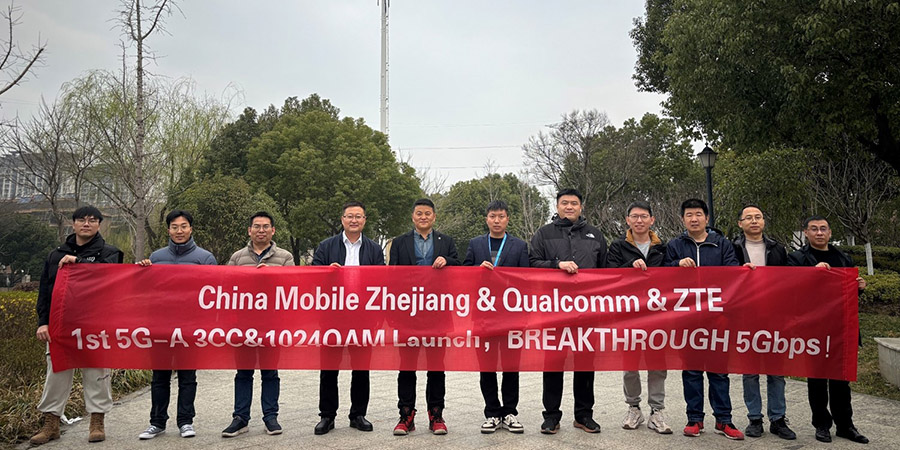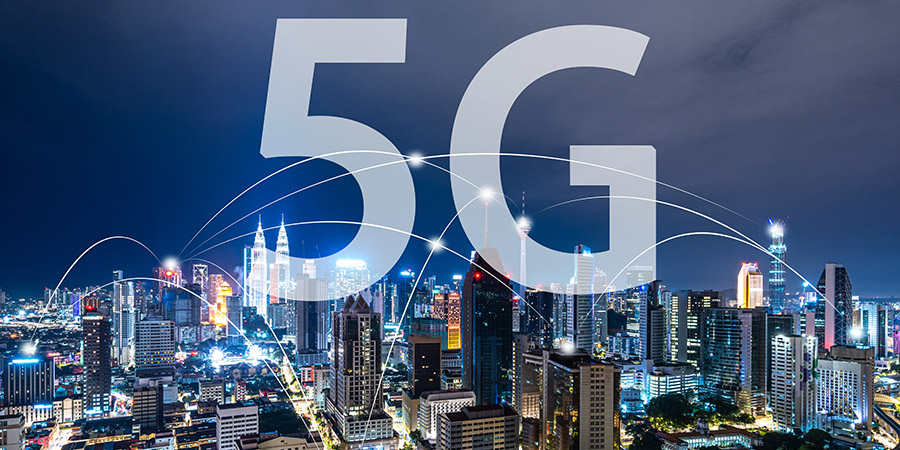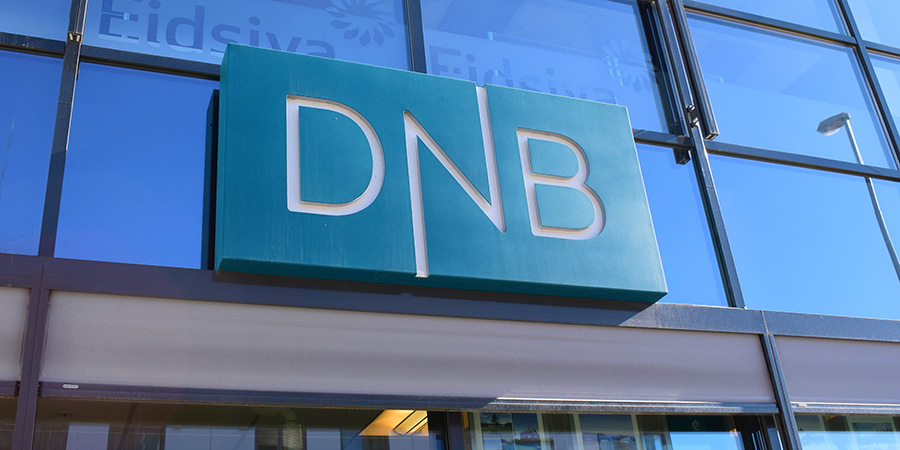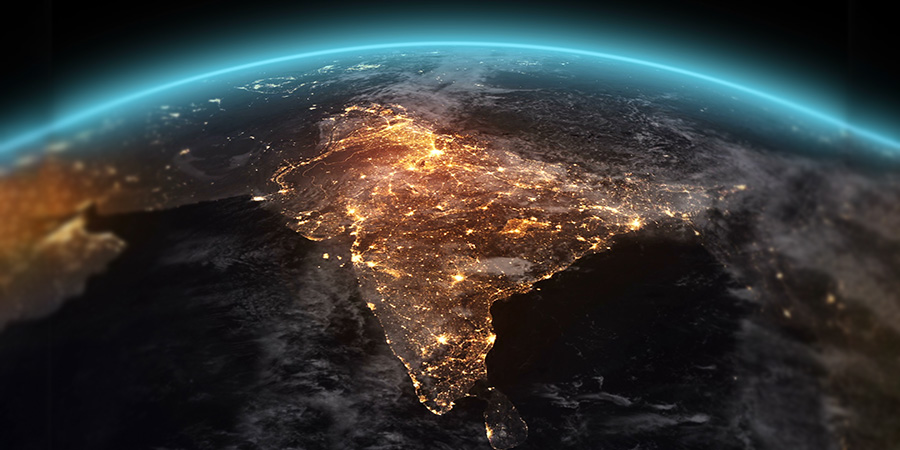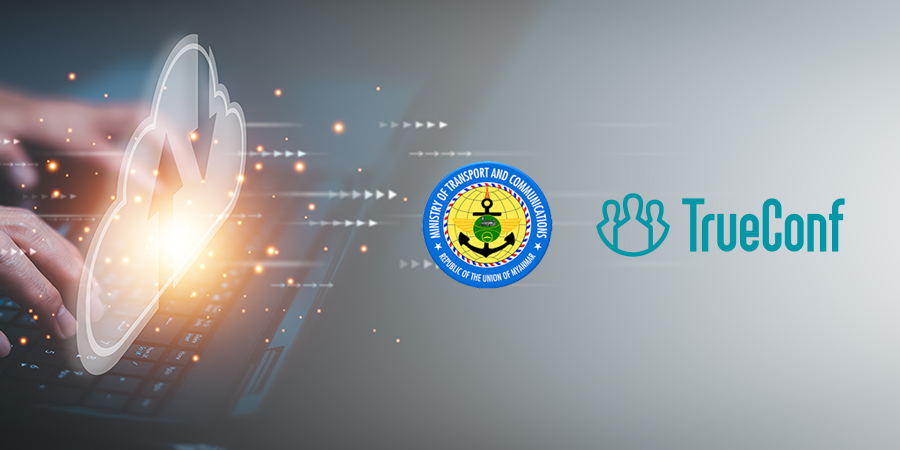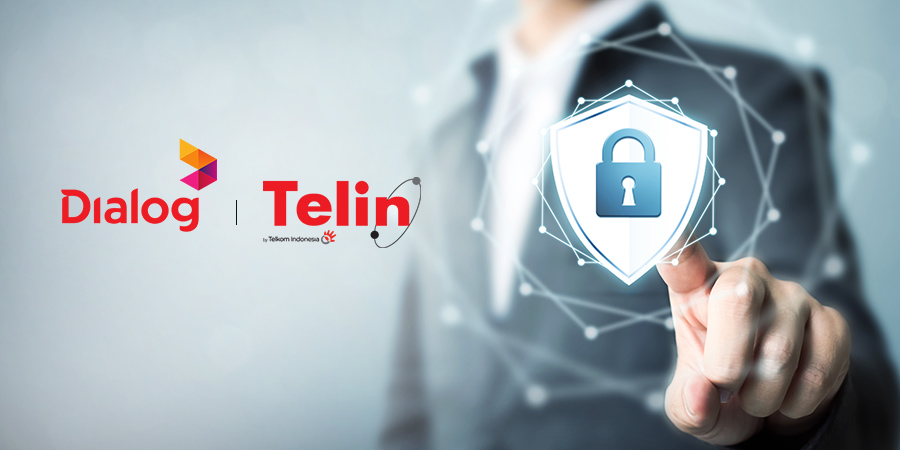Cisco hosted its third IoT World Forum in Dubai in December, warning that IoT would be massively disruptive, and saying that most companies, and countries would be overwhelmed by the rapidity of change.
""What you are seeing is the second generation of the Internet. It will transform the life of every person in the world. It will result in 19 trillion dollars of value over the next decade. It will transform every single business, every single city every single country.""
That was Cisco's former long serving CEO and now executive chairman, John Chambers, addressing a press briefing at Cisco's IoT World Forum in Dubai in December. It was the third event of its kind, following Chicago in 2014 and Barcelona in 2013.
This year, though, things were different. IoT has hit prime time, according to Chambers. ""Two years ago it was missionary work. How do you get the excitement going? How do you make things happen? And it was not usually people at the CEO level, not even on the steering committee. It was the number two or number three level.
""Today IoT is at the very top of every CEO's agenda. When you talk to government leaders they understand fully that this will change their country. They also know that if they fall behind they will get left behind.""
IoT Inflection point in 2015
""What has happened in 2015 is that IoT has hit an inflection point,"" Chambers said, ""There is not a major government leader or a major industry player that does not understand that this will give them opportunities but could dramatically disrupt them. It will level the playing field in terms of the ability of small companies to compete with big companies. And they key question is whether you are going to be the disrupter in your industry or you are going to be disrupted. Companies that do not reinvent themselves, that do not get the business models and technology right will be left behind.""
According to Chambers, the majority of companies around the world will become digital companies by 2020 but only about one third of those digitization efforts will work. ""The reason they will fail will be very simple: it will be that the company culture did not accept the change, that they were not able to break their teamwork down into individual group. They did not apply the resources properly and they did not address the very valid concerns of security and privacy.""
Chambers predicts that IoT will transform the world at a pace of 10 to 15 times faster than today's Internet did, but he doesn't see most companies, cities, or countries keeping up. ""Every company, every city every country is going to go,"" Chambers predicted. ""Most of them will fail because they don't think horizontally; they don't think about standards. Some will fail because they think it's about technology when it is about organization and process change and speed of innovation.""
He does not include the host city for the 2015 World Forum, Dubai, in that category, saying that Dubai understands very well what needs to be done.
Dubai is smart, says Cisco
Anil Menon, Cisco's President, Smart+Connected Communities, said Dubai was rapidly transforming into becoming one of the smartest digital cities in the world, connecting the unconnected through the power of intelligent networks. ""We have passed the incubation phase, now IoT/smart city solutions are ready to be scaled. Cities who scale first will be the winners in an increasingly competitive environment.""
It's easy to see why Cisco chose Dubai as the location of its third IoT World Forum: the city has a goal to be the world's smartest city by 2020, and is under time pressure to make significant progress towards that goal.
Dubai's smart city goal was set two years ago by Dubai's ruler, His Highness Sheikh Mohammed bin Rashid al Maktoum. And just two days before Cisco's IoT World Forum rolled into town he issued new laws aimed at accelerating progress towards that goal.
According to the press release on Sheikh Mohammed's website, its new laws aim to ""enhance the progress of the Smart City initiative and encourage innovation in this sector by fostering collaboration between the public and private sectors.""
The new laws establish the Dubai Smart City Office, provide for the formation of its board and the appointment of a director general. The office is charged with developing policies and strategic plans for information technology and smart government, supervising and providing guidance for the smart transformation process and approving joint initiatives, projects and services to facilitate the process.
The law authorizes the office to enter into smart city partnerships with any organization within and outside the emirate and to propose legislative amendments to encourage and empower public and private sector smart transformation initiatives.
There is now certainly some urgency towards making Dubai, if not the smartest city in the world, at least a very smart one. Shortly after the goal was announced Dubai was chosen as the host city for the 2020 World Expo by the Bureau International des Expositions, a body of 167 member states that oversees selection and organizing of World Expos.
The Wall Street Journal reported: ""Dubai Expo 2020 will be a six-month long exhibition of trade, innovation and products from around the world, and a showcase for the United Arab Emirates. It will be held on a giant yet-to-be-built 438-hectare site on the edge of Dubai.""
Hosting World Expo 2020
The Government is aiming for 25 million visitors. The WSJ, in a comment piece ""What Does Hosting World Expo 2020 Mean for Dubai?"" said: ""[This is] an optimistic figure compared with the 10 million visitors last year, and the 16 million expected in London this year, the leading city worldwide for visitors.""
The IoT World Forum abounded with statistics on the claimed benefits of IoT and the impressive returns on investment it offers, and there is no doubt that if you can increase efficiency of any multibillion dollar global industry by just one percent, the returns will be significant.
Dubai's announcement of the smart city initiative in October 2013 was short on specifics, but it did say: ""As a smart city, government departments will be inter-connected to provide faster services and information to all citizens and guests. '¦ The new project to turn Dubai into a smart city will offer connected users up-to-the-minute information on weather, traffic, entertainment, tourism, flights, dining, emergency services and much more. Businessmen and investors will benefit from open access to smart services offered by ports, customs and bourses.""
A true smart city, however, is much more than these and the formation of the Smart City Office, two years down the track, suggests that the Government recognizes that separate, independent projects, no matter how useful and beneficial do not a smart city make, and that an overarching strategy that co-ordinates and in some cases interconnects different initiatives is needed.
Dubai's smart city projects
There were several interesting, and useful, Dubai smart city initiatives on show at the Forum:
A ruggedized Cisco router installed in police cars aggregates data from numerous systems including body cameras and biosensors worn by police officers, car mounted cameras for number plate recognition;
Street lighting is controlled to optimize lighting and minimize energy wastage;
Parking sites are monitored and their occupancy made available to drivers;
Bus shelters provide real time information on bus arrival times and occupancy levels;
Emirates Airlines is using a range of asset tracking technologies to optimize aircraft maintenance.
The challenges facing Dubai will be faced by every city in the world struggling to be smart. The impending World Expo means it will be facing those challenges sooner than most. It will likely provide some useful lessons over the next few years, to help others meet the challenges spelt out by Chambers.
The author attended the IoT World Forum as a guest of Cisco




